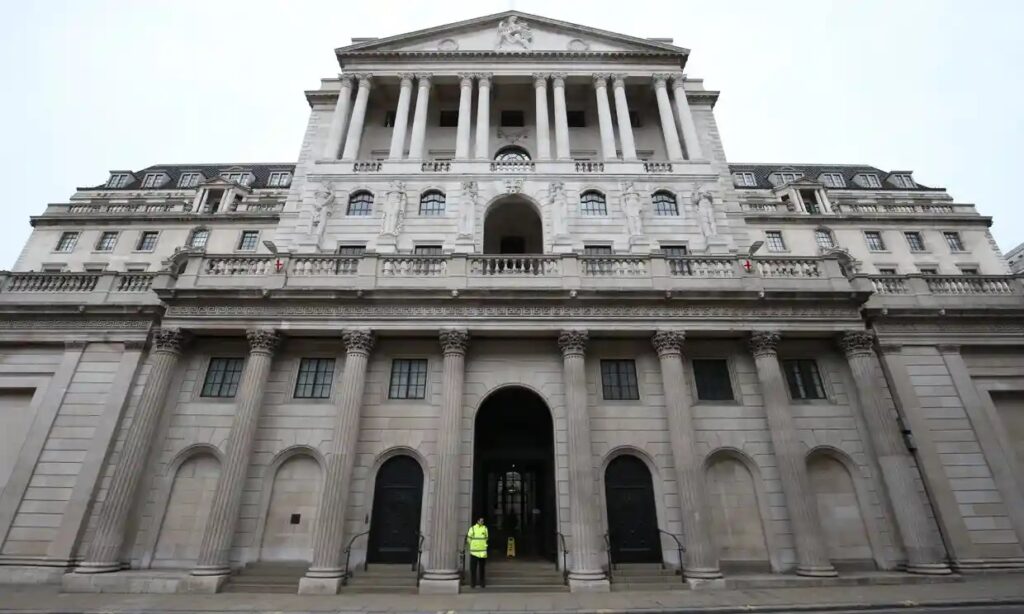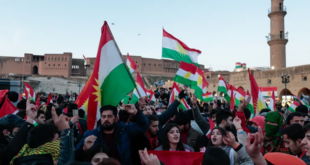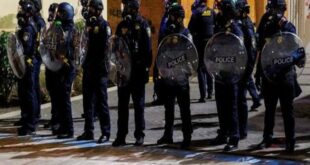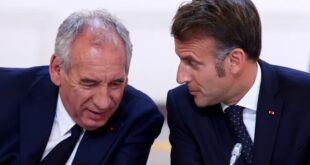
Politicians and journalists scatter the word “crisis” like salt over hot chips, but every now and then the term really applies. The Bank of England’s emergency intervention in financial markets on Wednesday qualifies as a crisis – for the Bank, the government and the public. This is a crisis made in Downing Street, and it is not over yet.
Just last Friday, Kwasi Kwarteng unveiled what he refused to call a mini-budget. It did in fact rank as one of the most significant budgets in 50 years, with £45bn in tax cuts. These giveaways had not been demanded by vast swathes of voters. Many businesses and economists thought them unnecessary, even wasteful. They came after an energy support package worth £150bn over two years, and while the UK is having to borrow ever more money to pay for imported fuel, food and manufactured goods. Yet the chancellor had not prepared investors for all this spending, had decreed the Office for Budget Responsibility should not check his sums, and also pushed out Tom Scholar, the Treasury’s top civil servant. Along with Liz Truss, Mr Kwarteng had spent months decrying the Treasury’s “abacus economics” and also demanding a shakeup at the Bank of England.
Advertisement
Faced with all this institutional instability and slipshod policy, markets reacted incredibly badly. The pound has collapsed and bond markets have all but frozen up. The free-market thinktanks and media outriders who helped write the budget now look less like the experts on capitalism they claimed to be, and more like extremist cabals on a different planet from voters and investors. Even the IMF, not known for its concern with either growth or tackling inequality, laid into the chancellor’s plans. The IMF is quite happy to slap down policymakers in Islamabad or Kigali; it is usually rather more circumspect about criticising G7 countries that rank among its major shareholders. Six years and three prime ministers on from the Brexit vote, the UK looks very isolated on the world stage. The government that thought it could rip up the Northern Ireland protocol and renege on all manner of international deals has been rewarded with the cold shoulder by erstwhile allies who might otherwise offer support.
Liz Truss’s first big policy has been shot down by financial markets – and her economic credibility shredded
On Wednesday the Bank governor, Andrew Bailey, was forced to step in, buying long-term government bonds in order to save Mr Kwarteng from his own mess. This will not be a one-off rescue mission but an entire programme of daily purchases lasting until mid-October. Bond traders enjoyed a one-way bet for the past week in selling gilts. They now have a one-way bet for a fortnight in buying them. A nice business to be in. But for the Bank this is a huge mess. It wanted to reverse quantitative easing, now it is doing some more. It planned to increase rates, now it is under pressure to jack them up very soon. Mr Bailey apparently believes he can carry on as normal and make his next rate decision with colleagues as scheduled in November. This no longer looks plausible.
For Mr Kwarteng and Ms Truss, this is an unmitigated disaster. Their first major policy has been shot down by financial markets, their claims to economic competence shredded. Nothing the Labour leader, Keir Starmer, could say would do as much for his poll ratings as the public uselessness of these two. But, sadly, even if the Bank’s manoeuvring works, the consequences will be felt much more widely, in higher mortgage bills and import prices. And the government is already hinting at significant spending cuts. To do so would be a contravention of the Conservatives’ 2019 manifesto, which made huge spending promises on hospitals, police and schools. It would also further erode public services and a public realm already in dangerously ill health.





 World Opinion | Alternative Média زوايا ميادين | صوت من لا صوت له Débats De Société, Questions, Opinions et Tribunes.. La Voix Des Sans-Voix | Alternative Média
World Opinion | Alternative Média زوايا ميادين | صوت من لا صوت له Débats De Société, Questions, Opinions et Tribunes.. La Voix Des Sans-Voix | Alternative Média




